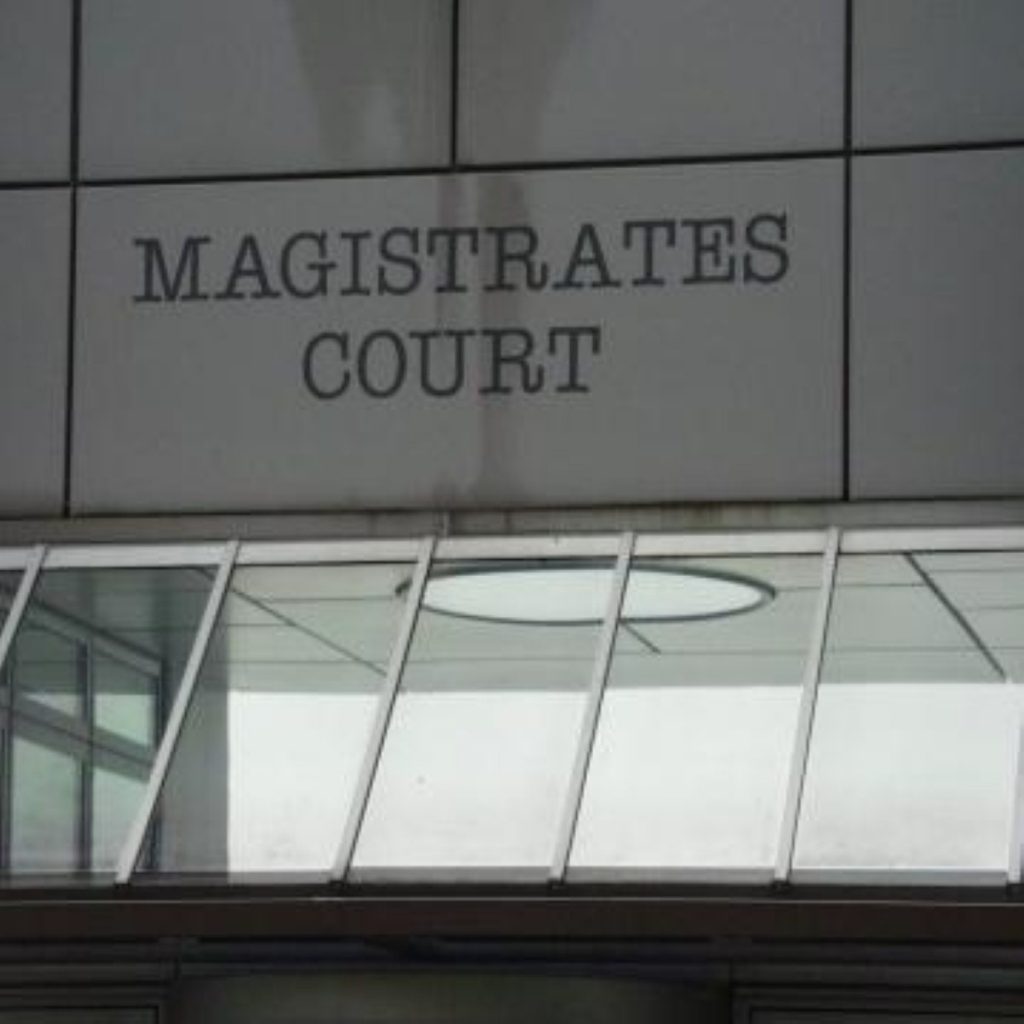Operation Payback clamps down on fine dodgers
The government has launched a new initiative aimed at recovering more than £250 million in unpaid court fines.
Operation Payback will involve hundreds of civilian enforcement officers working from magistrates’ courts across England and Wales. Officers will work alongside the police, who will verify information and decide which warrants should be executed.
The new scheme forms part of a campaign to recover criminal assets and prevent money laundering.
Those who have not yet paid their debts now face arrest and possible imprisonment, following an earlier warning. Fines can also be deducted from the Job Seekers Allowance and Income Support.


“I want fine defaulters and the community generally to know that we take non-payment of criminal fines very seriously,” courts minister Christopher Leslie explained.
“Crimes cannot go unpunished,” he continued. “Victims must be compensated, the taxpayer must be compensated, the courts must be compensated and the general community must be compensated. Nothing less will do.
“Operation Payback is a huge effort involving a range of law enforcers across several agencies. It’s an important criminal justice initiative which will pay dividends, both financial and in improving public confidence in the way the criminal justice system operates.”
By the end of 2003, fines worth £354 million were owed in England and Wales. The government has a target of collecting three quarters of fines by the end of this month.
People with unpaid fines can still pay their debt at their local magistrates’ court.
The move has been welcomed by John Burbeck, criminal justice spokesman at the Association of Chief Police Officers.
“The national fines blitz is part of a wider Payback campaign which seeks to target criminals and persistent offenders to ensure that they are brought to justice and don’t slip through the net,” he said.











